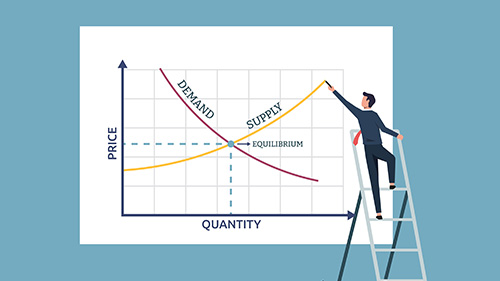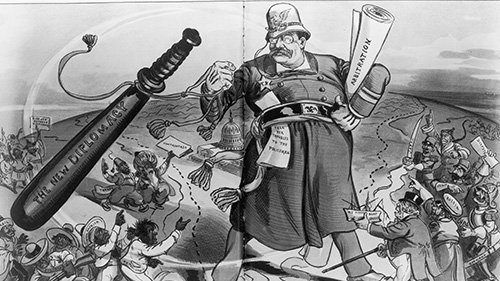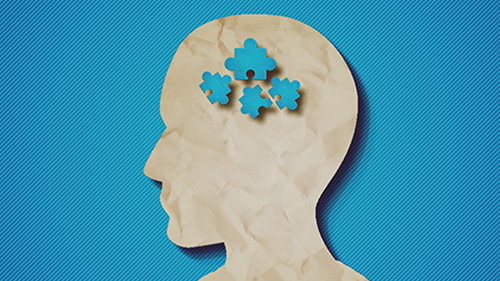ELA: Tweets to Check Reading Comprehension
I don’t know about you, but I hate grading reading comprehension questions. First of all, the answers usually could be “borrowed” from websites like...
AP & Honors Mathematics
Explore Wiley titles to support both AP and Honors mathematics instruction.
Literacy Skills & Intensive Reading
Connections: Reading – Grades 6–12
Empower student success with a proven intensive reading program that develops strong reading skills in striving readers.
Drama, Speech & Debate
Basic Drama Projects 10th Edition
Build students’ confidence and competence with comprehensive, project-based theatre instruction.
Literature
Connections: Literature
Support learners as they study dynamic, relevant texts and bring the richness of diverse voices to students through literature.
Literature & Thought
Develop critical thinking, reading, and writing across literacy themes, genres, historical eras, and current events.
Language Arts
Vocabu-Lit® – Grades 6–12
Help students build word power using high-quality contemporary and classic literature, nonfiction, essays, and more.
Connections: Writing & Language
Help students develop grammar, usage, mechanics, vocabulary, spelling, and writing and editing skills.
Reading/English Language Arts
Measuring Up to the English Language Arts Standards
Incorporate standards-driven teaching strategies to complement your ELA curriculum.
English Language Learners
Measuring Up for English Language Learners
Incorporate research-based best practices for ELLs with an approach that includes a focus on language acquisition strategies.
Mathematics
Measuring Up to the Mathematics Standards
Incorporate standards-driven teaching strategies to complement your mathematics curriculum.
Foundations
Measuring Up Foundations
Help students master foundational math skills that are critical for students to find academic success.
Science
Measuring Up to the Next Generation Science Standards
Give students comprehensive NGSS coverage while targeting instruction and providing rigorous standards practice.
Assessment
Measuring Up Live
Deliver innovative assessment and practice technology designed to offer data-driven instructional support.
For a better website experience, please confirm you are in:
The world of AP Psychology is going through a curricular change. While this has been a works in progress for a number of years, not that the changes are here let’s discuss five upcoming changes to the course that will be reflected in the 2025 AP Psychology exam.

I don’t know about you, but I hate grading reading comprehension questions. First of all, the answers usually could be “borrowed” from websites like...

Contextualization is an intriguing skill introduced in the redesigned AP History courses. It plays a crucial role in multiple aspects of the courses,...

One of the most persistent challenges in AP® English classrooms isn’t getting students to write—it’s getting them to move beyond summary.

Period 7 in the AP U.S. History curriculum is one of the most extensive, spanning from 1890 to 1945. This era begins with debates over imperialism...

When most teachers—and students—think about a DBQ, they think about writing. And yes, writing the full essay is essential. But if that’s all we ever...

One of the personal stories I frequently share with my students is how I nearly became a lawyer. I majored in political science and philosophy in...

One of the most important goals of civics education is to get students to understand the imperfections of the constitutional system of the United...

The classroom community…is it worth the time and energy? This is not a rhetorical question. The answer is yes.

Join Brandon Abdon and Guest Dr. Steve Price to discuss what happens at the AP Exam reading and why it matters.

We want students to discover and wonder about the world around us. That is at the core of social science education. How do we explain the world...

Political cartoons have influenced the public and brought about change like other tools in the press. The historic 1754 cartoon of a sliced-up snake,...

With just one percent of students earning the complexity point on the 2021 AP® World History DBQ, is teaching it even worth it? John Maunu says,...

